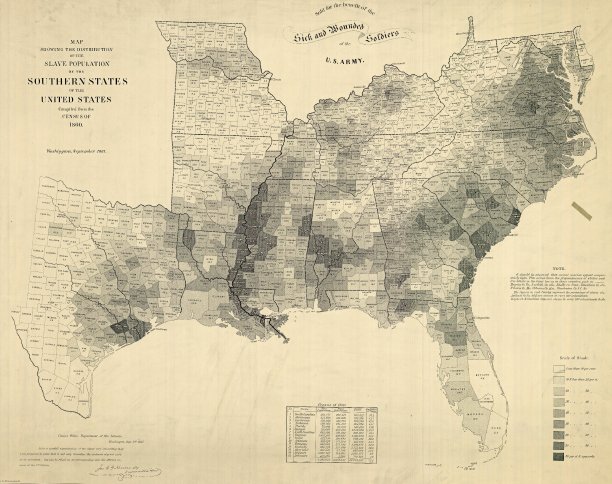J.D. Tuccille explains why he’s teaching his son to break the law:
In 1858, hundreds of residents of Oberlin and Wellington, Ohio — many of them students and faculty at Oberlin College — surrounded Wadsworth’s Hotel, in Wellington, in which law enforcement officers and slavehunters held a fugitive slave named John Price, under the authority of the Fugitive Slave Act. After a brief standoff, the armed crowd stormed the hotel and overpowered the captors. Price was freed and transported to safety in Canada [. . .] I know these details because my son recently borrowed from the library The Price of Freedom, a book about the Oberlin-Wellington Rescue, as the incident is called (PDF). My wife and I used it as a starting point for telling our seven-year-old why we don’t expect him to obey the law — that laws and the governments that pass them are often evil. We expect him, instead, to stand up for his rights and those of others, and to do good, even if that means breaking the law.
Our insistence on putting right before the law isn’t a new position. I’ve always liked Ralph Waldo Emerson’s sentiment that “Good men must not obey the laws too well.” That’s a well-known quote, but it comes from a longer essay in which he wrote:
Republics abound in young civilians, who believe that the laws make the city, that grave modifications of the policy and modes of living, and employments of the population, that commerce, education, and religion, may be voted in or out; and that any measure, though it were absurd, may be imposed on a people, if only you can get sufficient voices to make it a law. But the wise know that foolish legislation is a rope of sand, which perishes in the twisting …
Rope of sand the law may be, but it can strangle unlucky people on the receiving end long before it perishes. John Price could well have ended up with not just the law, but a real rope, around his neck, just because he wanted to exercise the natural freedom to which he was entitled by birth as a sapient being.
John Price ended his life as a free man because he was willing to defy laws that said he was nothing but the property of other people, to be disposed of as they wished. He got a nice helping hand in maintaining his freedom from other people who were willing to not only defy laws that would compel them to collaborate in Price’s bondage, but to beat the hell out of government agents charged with enforcing those laws.




